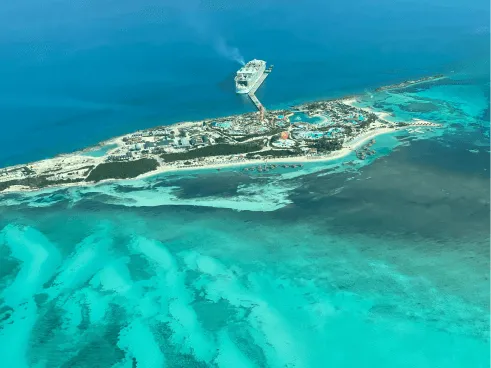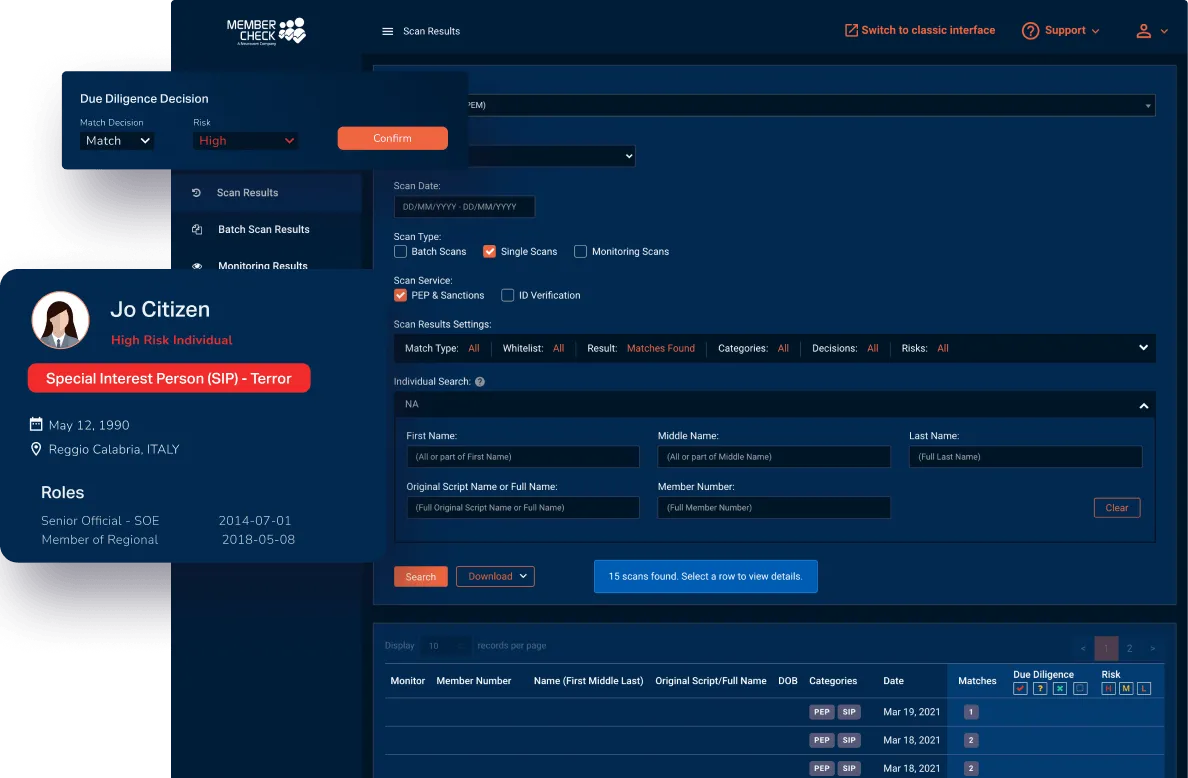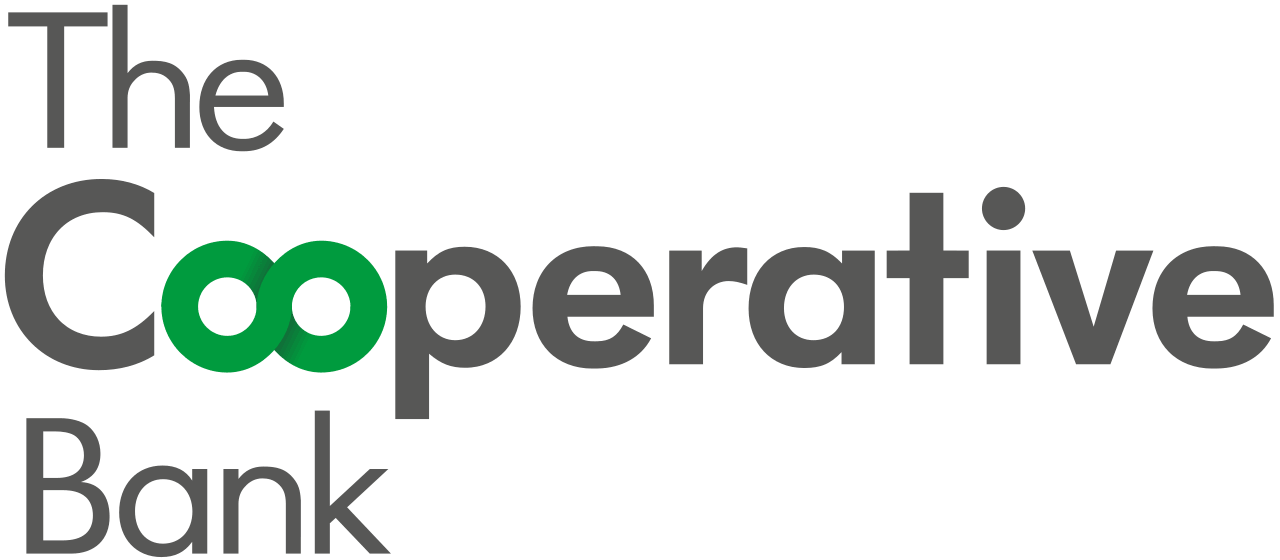Our Solutions
Solutions
PEP and Sanctions Checks
Adverse Media Check
Customer Identity Verification
Know Your Business (KYB)
Enhanced Due Diligence
AML Consulting Service
Compliance as a Business (CaaB)
Transaction Monitoring
Jurisdictional Risk Checks
Our Coverage
Pricing
Blog
About
Contact Us
Sign In
















